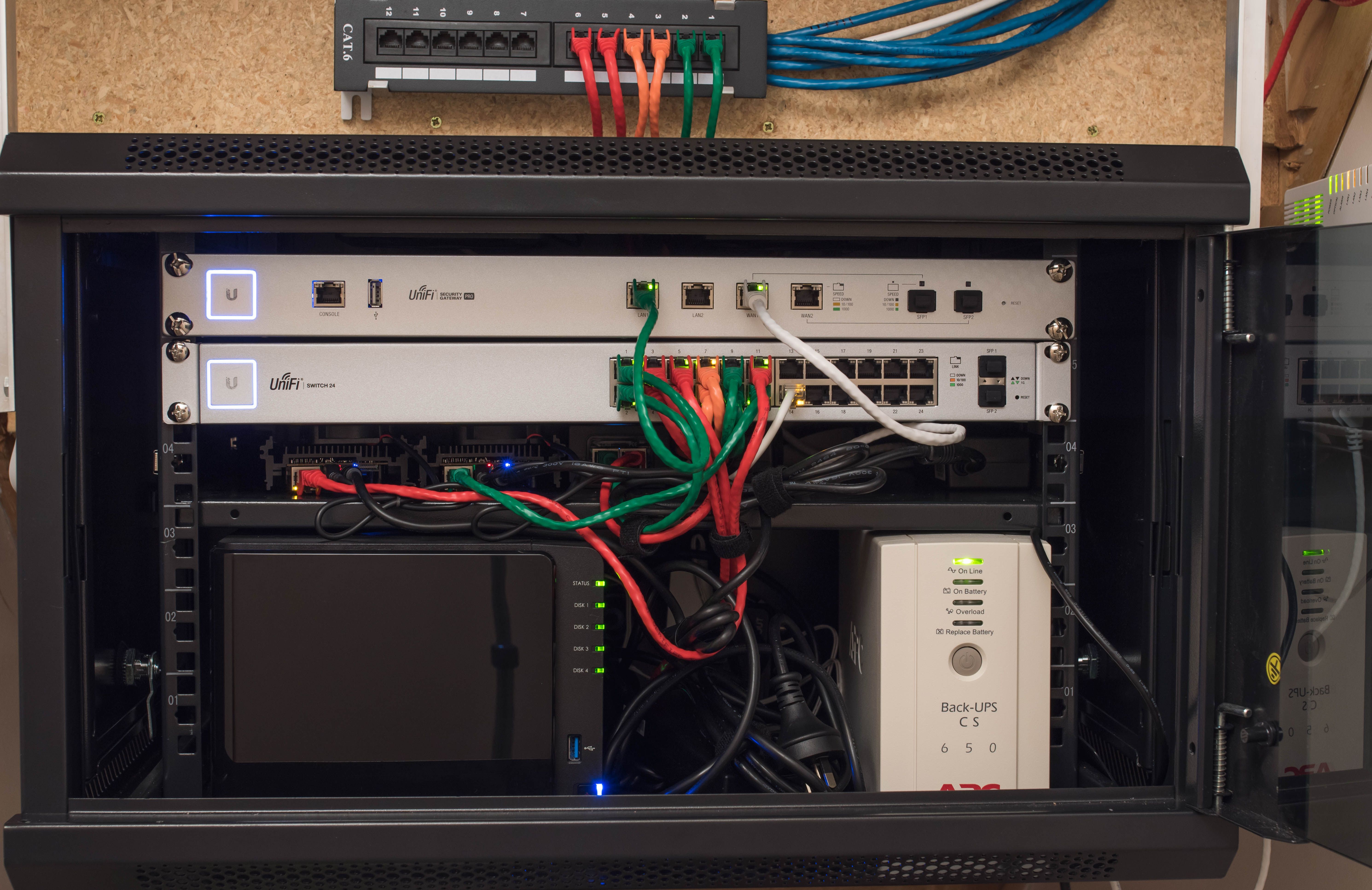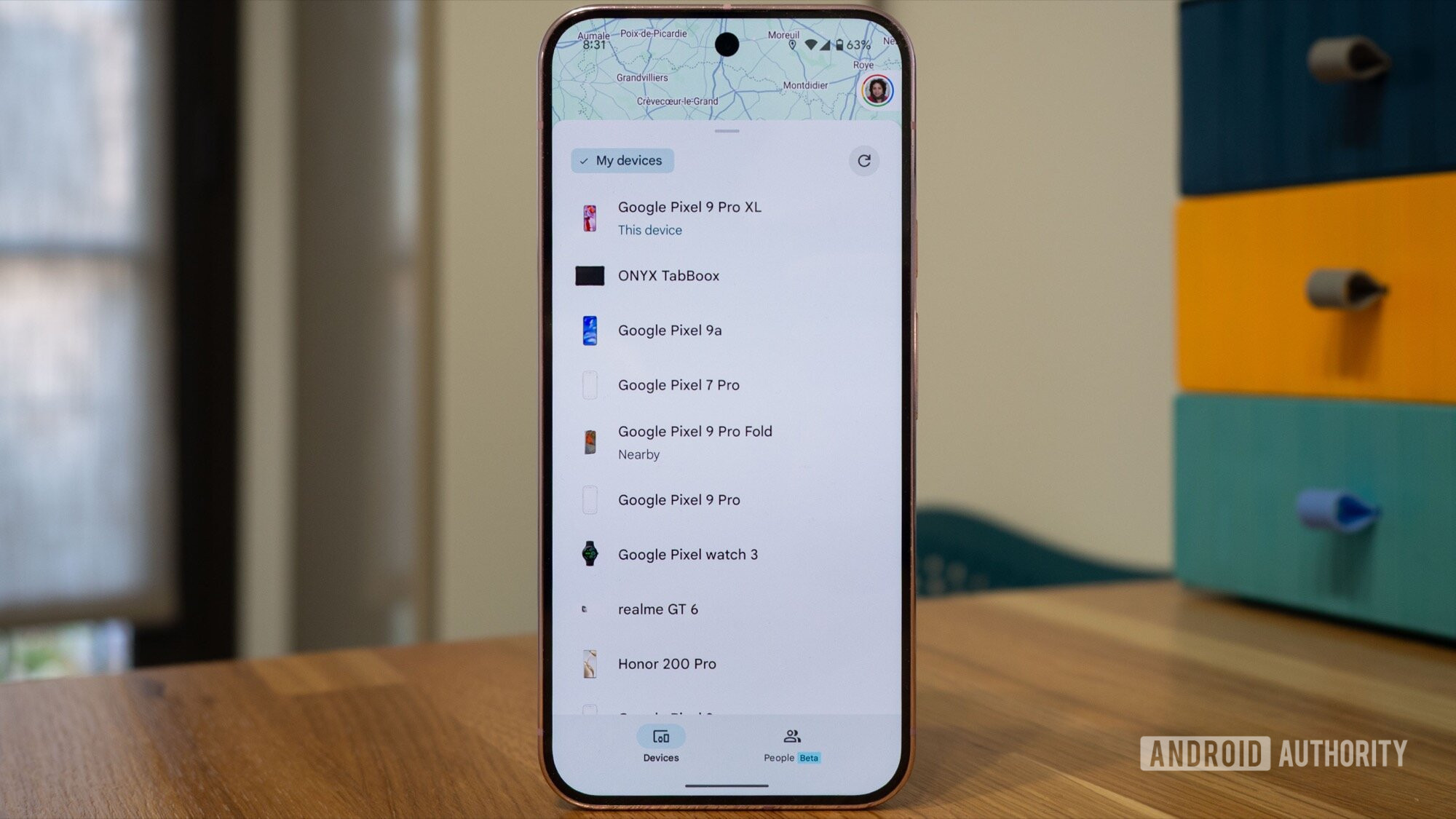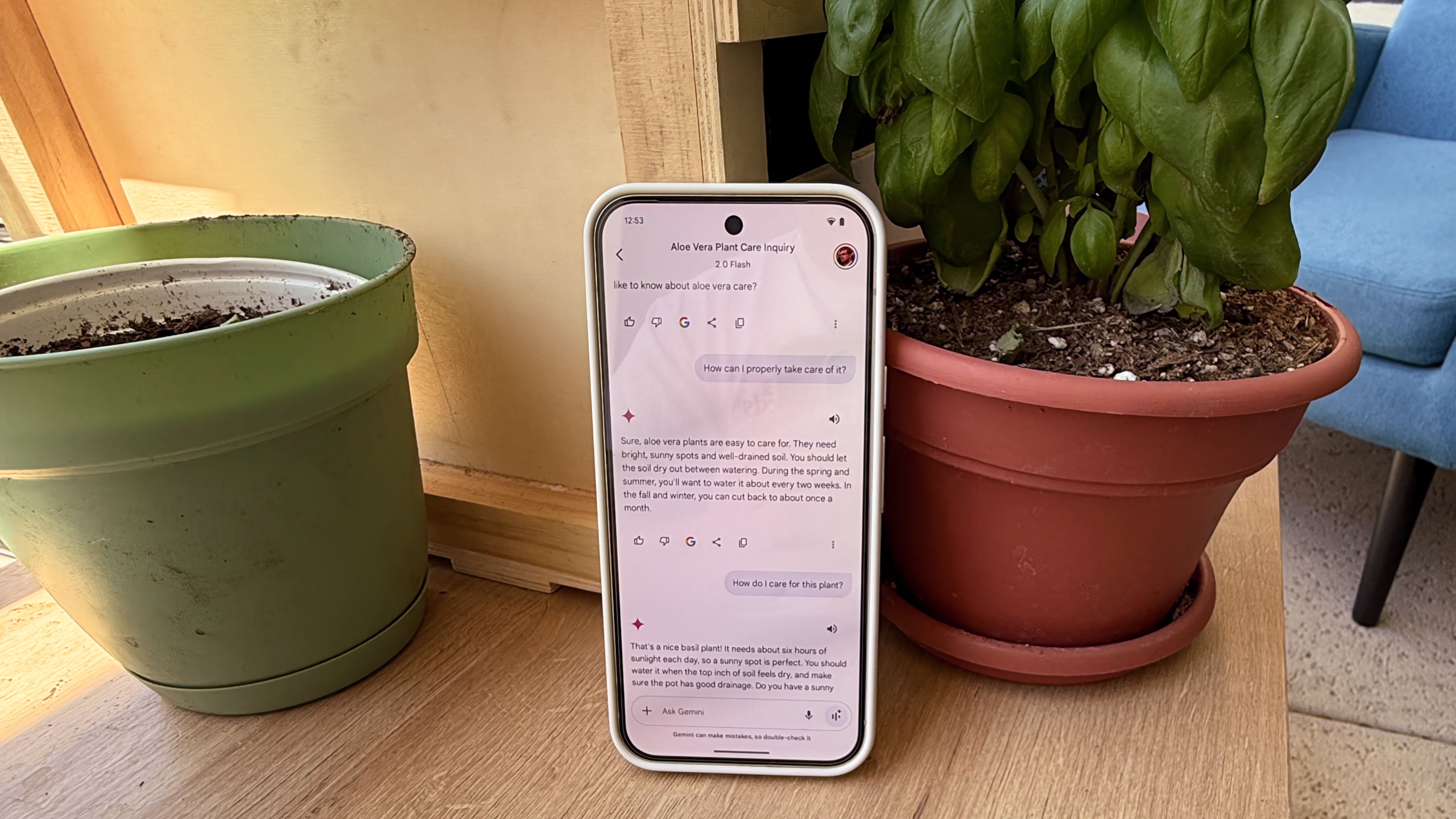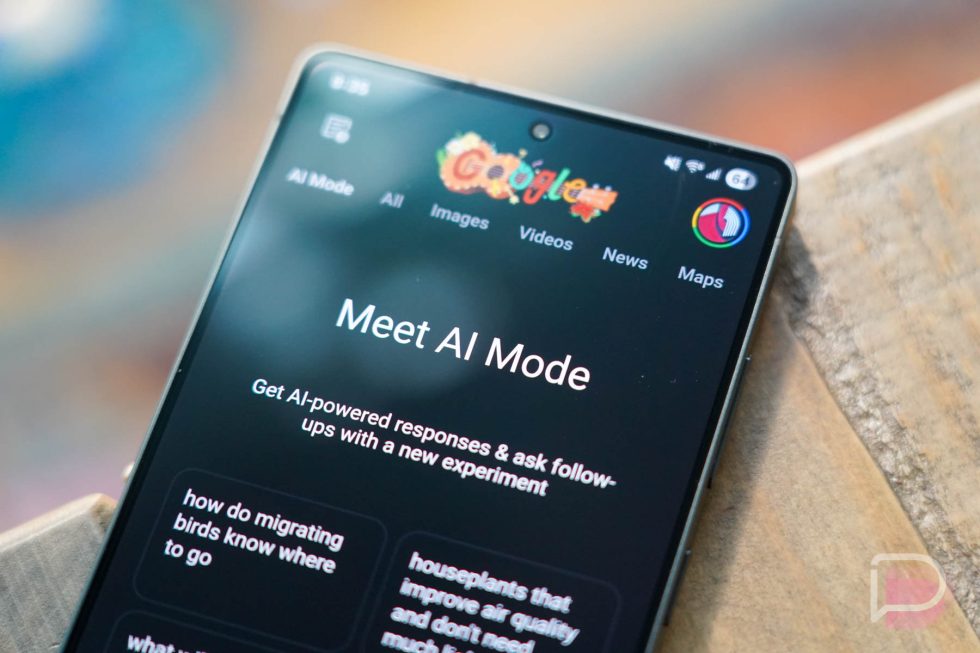The Atlantic Warns Combining US Government Databases Could Create a 'Panopticon'
America's federal government "is a veritable cosmos of information, made up of constellations of databases," warns the Atlantic. The FBI "has a facial-recognition apparatus capable of matching people against more than 640 million photos — a database made up of driver's license and passport photos, as well as mug shots. The Homeland Security department holds data "about the movements of every person who travels by air commercially". America's Drug Enforcement Administration "tracks license plates scanned on American roads." And there's also every taxpayer's finance and employment history..." Government agencies including the IRS, the FBI, DHS, and the Department of Defense have all purchased cellphone-location data, and possibly collected them too, via secretive groups such as the National Geospatial-Intelligence Agency. That means the government has at least some ability to map or re-create the past everyday movements of some American citizens. But now the information at individual agencies "is being pooled together. The question is Why? And what does the administration intend to do with it?" A White House spokesperson confirmed to the Atlantic that data collected by different agencies is now being combined. (They said that "Through data sharing between agencies, departments are collaborating to identify fraud and prevent criminals from exploiting hardworking American taxpayers.") But a March executive explicitly stated an aim "to eliminate the data silos that keep everything separate." The article accuses the administration officials of "not just undoing decades of privacy measures. They appear to be ignoring that they were ever written." The Atlantic spoke with former government officials "who have spent time in these systems," reporting that "to a person, these experts are alarmed about the possibilities for harm, graft, and abuse... Collecting and then assembling data in the industrial way — just to have them in case they might be useful — would represent a huge and disturbing shift for the government..." "A fragile combination of decades-old laws, norms, and jungly bureaucracy has so far prevented repositories such as these from assembling into a centralized American surveillance state. But that appears to be changing... DOGE has systematically gained access to sensitive data across the federal government "in ways that people in several agencies have described to us as both dangerous and disturbing." Read more of this story at Slashdot.

Read more of this story at Slashdot.





























































































































